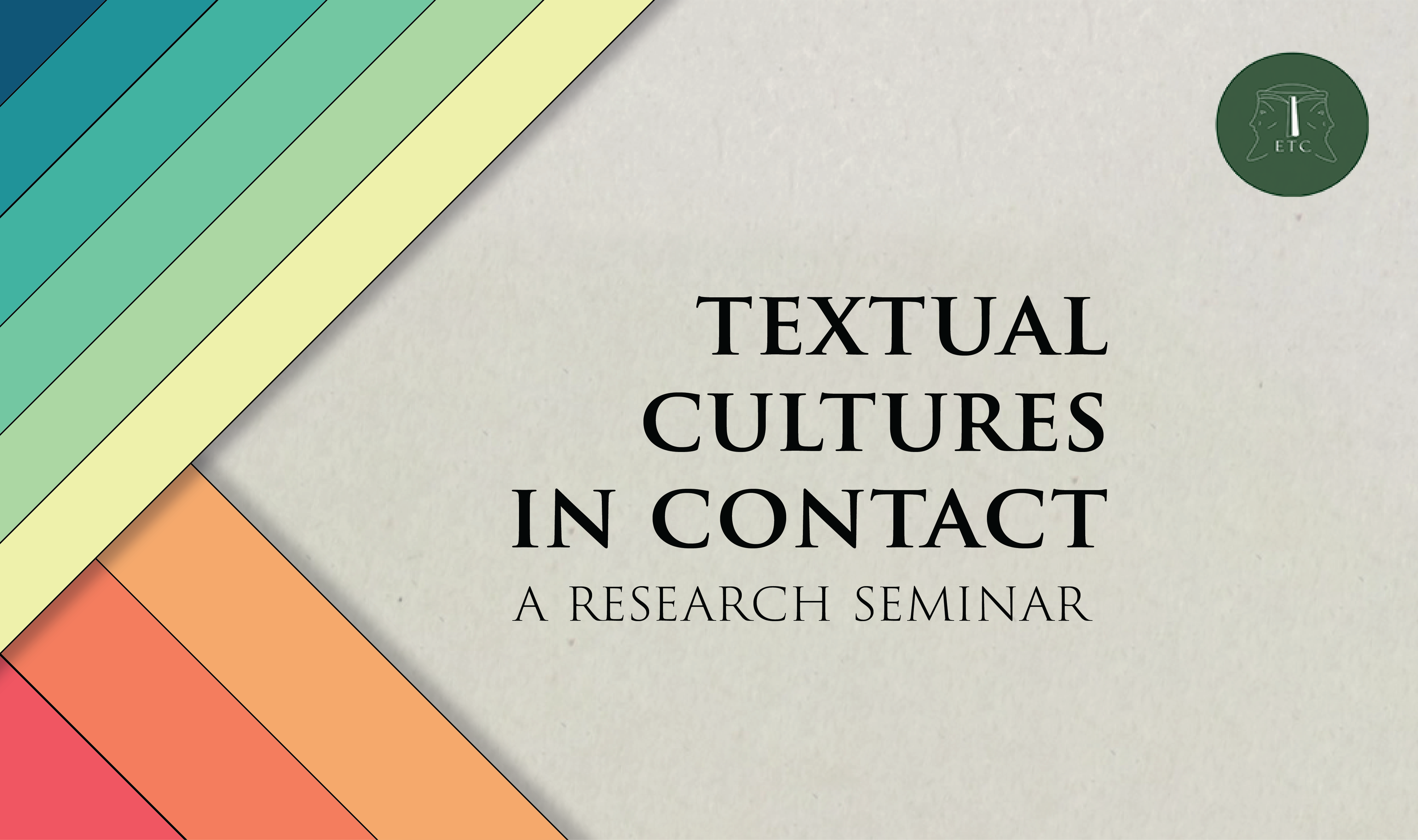The Early Text Cultures Research Seminar for Hilary Term 2023 will be on the theme of Anthropology and Religion. We hope that the seminar will enable us to explore ways in which traditional anthropological questions can (or cannot) help us elucidate key literary texts as sources for ancient religion. Speakers will address Old Norse, Classical Latin, Early Greek, ancient Near Eastern, Old Babylonian and Vedic contexts. After a ca. 20-min presentation, there will be ample opportunity for cross-disciplinary discussion.
The seminar will be held in the Corpus Christi College Seminar Room, on Wednesdays of even weeks at 2–3pm UK time.
To join remotely, please register here: https://forms.gle/UQuoUbjSzDAP6Zo67
Abstracts can be found here: https://www.earlytextcultures.org/events/current-events
Programme
§ Session 1
Week 2, 25 January
James Parkhouse: Old Norse
Those Magnificent Men in their Flying Machines: Analogical and Anthropological Perspectives on the Legends of Wayland and Daedalus
§ Session 2
Week 4, 8 February
Joe Barber (Balliol College, Oxford): Classics
Disappearing and Dying Gods in the Ancient Near East and Early Greece
§ Session 3
Week 6, 22 February
Christie Carr (Wolfson College, Oxford): Assyriology
The Sumerian Sacred Marriage Ritual
§ Session 4
Week 8, 8 March
Barbora Sojkova (All Souls College/Balliol College, Oxford): Sanskrit
On Ancient Animals: Vedic Literature and Multispecies Anthropology
Everyone is extremely welcome!
ETC Board







